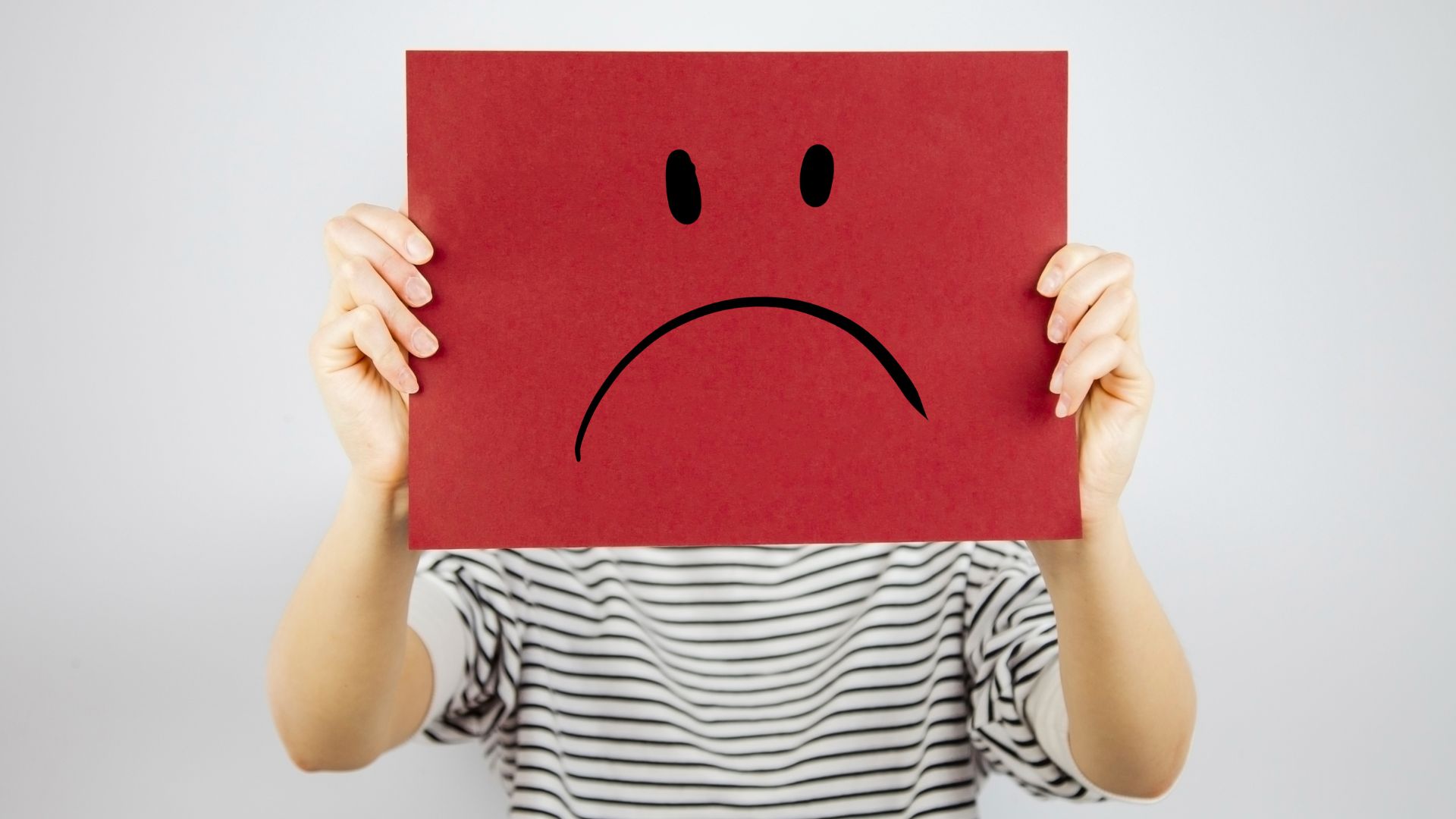Opinion: The rejection of trialing 'menopause leave' had me spitting out my Vitamin D, collagen, magnesium, and sleep supplements in disbelief
It's safe to say writer Samantha Priestley is somewhat dismayed at the rejection of a 'menopause leave' trial in England


I’m 51 and I’ve been dealing with all the delights of menopause for about five years now. My menopause has gifted me many unexpected symptoms, from exhaustion that's left me in bed for entire weekends to foot pain due to loss of collagen in tendons that's had me hobbling around like I'm 80.
I might not be sick, but at times I'm definitely unwell. So, when I heard that the government has rejected a proposal by MPs to introduce ‘menopause leave’ trials for women suffering in their places of work, because, amongst other reasons, it could lead to discrimination against men who have long-term medical conditions, I almost spat out my vitamin D, collagen, magnesium, and sleep supplements in disbelief.
For a start, it isn't only men who suffer long-term illnesses or conditions, women do too. So, are the government concerned that trialing a new menopause law will discriminate against everyone with a long-term medical condition? And why would this be the case? We should be supporting all workers equally, those with long-term illnesses, pregnant women, and those who are menopausal.
"To have a healthy, productive workforce everyone in difficulty should be supported"
Supporting one group doesn't have to take away from another group. I’d like to see more support for everyone, not less for some in favor of others, or less for everyone as seems to be suggested by this rejection of the proposals. To have a healthy, productive workforce everyone in difficulty should be supported, and for some that might mean being able to take time off when their condition renders them unable to work.
I'm lucky to be working from home. Along with the usual menopause symptoms: hot flushes, exhaustion, and brain fog, I’ve also suffered sleep problems and moments of unexplainable panic. These all mean that sometimes I struggle to get through a working day.

I’m tired most of the time, I get dehydrated more than I ever have, and I suffer UTIs more often now than through all the previous years of my life put together, making me feel unwell a lot of the time.
I've often said to my partner if I had to commute and spend the day in a workplace where I couldn't lie down when I needed to, I honestly don't know how I would have made it this far, so I can understand why many menopausal women choose to leave work altogether rather than battle through.
But they shouldn’t have to do that.
Women are already at a disadvantage in the workplace if they choose to have children, and not supporting women through menopause is just one more thing that drives a gap between how men and women experience work and careers.
I find the government's response to the proposed menopause leave trial disappointing, lacking in understanding or empathy, but not surprising. We see the same blasé attitude to menopause in most places of work. My partner recently attended a meeting at his workplace that aimed to support menopausal women. The meeting was a chance for women to talk about how they could be better supported at work. He was the only man who attended, everyone else there was a menopausal woman. All were exhausted, at the end of their tether, and left with no hope of any support at all. Without anything in place to help women with leave and dealing with symptoms, nothing is going to change. Menopausal women will be left in endless support meetings with each other, and no one else listening.

Anyone with a long-term health condition should be supported at work, and while menopause isn’t a health condition, it is a naturally occurring change in a woman’s life that definitely does affect their health.
The symptoms of menopause are varied. Until I began my own journey I had no idea just how varied and I had no idea these symptoms would be so difficult to deal with. Although things are improving, we still don’t talk about menopause enough. But talking is only the first step. Menopausal women need support, and yes, sometimes that does mean taking time off work. I don’t know about anyone else, but at 51 I’m not ready to be dismissed and to leave my career because I’m sometimes unwell.
Read more riveting opinions:
Sign up to our free daily email for the latest royal and entertainment news, interesting opinion, expert advice on styling and beauty trends, and no-nonsense guides to the health and wellness questions you want answered.
Samantha is a freelance writer from Yorkshire, writing about health and wellbeing for Woman & Home, Reader's Digest, Giddy, and Good Housekeeping. For the past 15 years, she's combined her personal experiences with reporting, to write about menopause, fitness, sleep, and healthy eating. She also writes about travel and food and drink for The Independent, The Good food Guide, Lonely Planet, Frommer's, and more.
